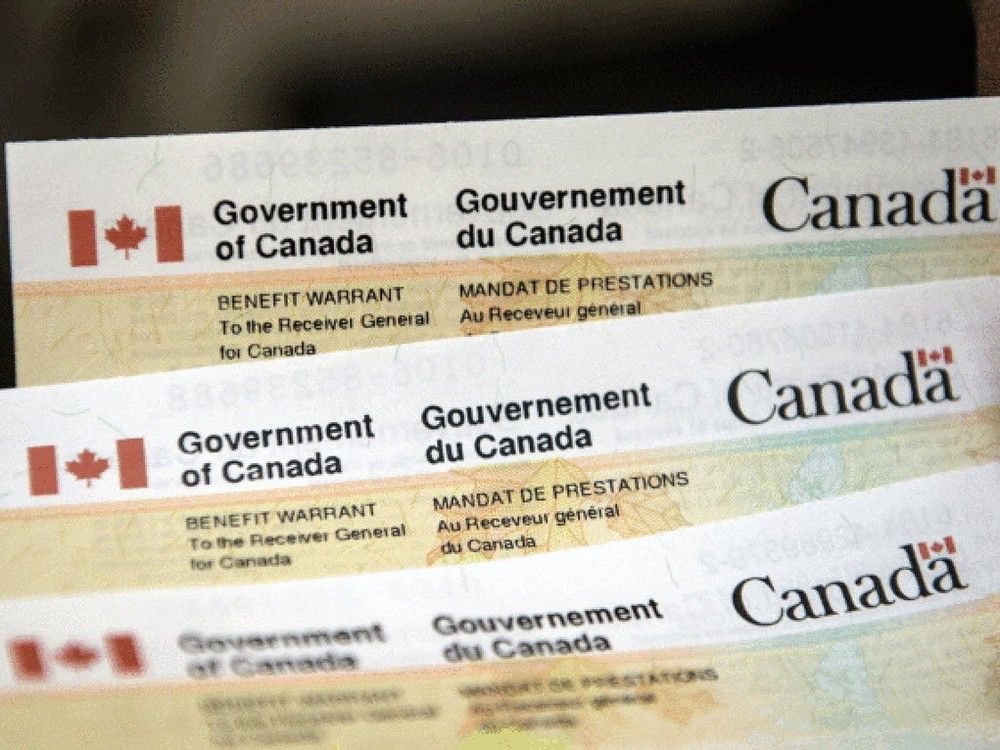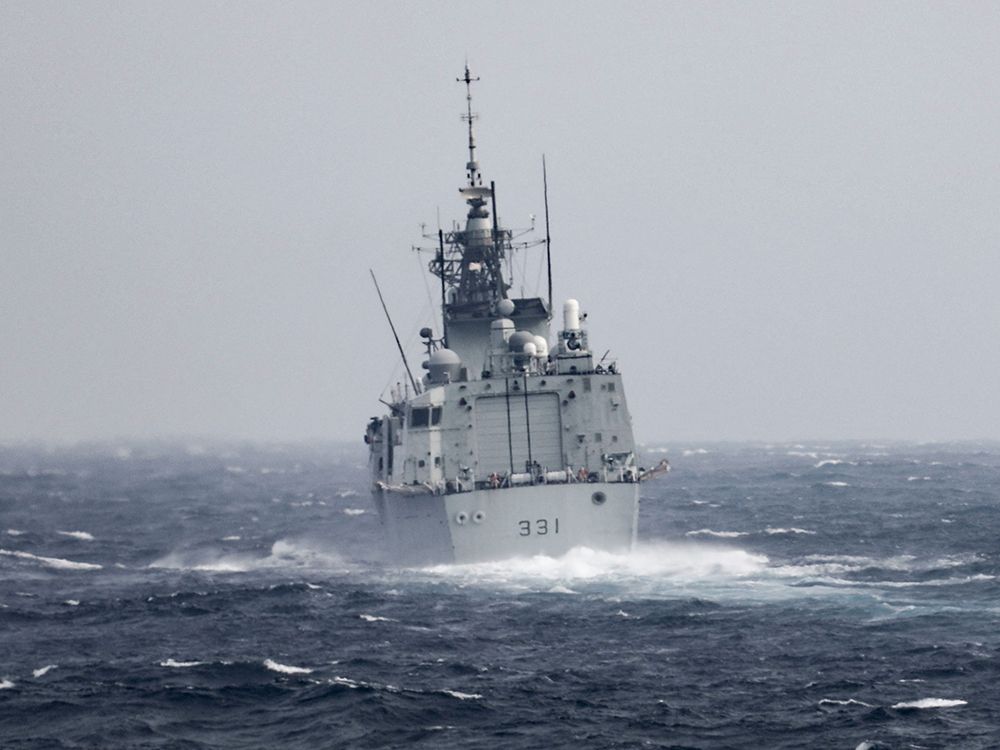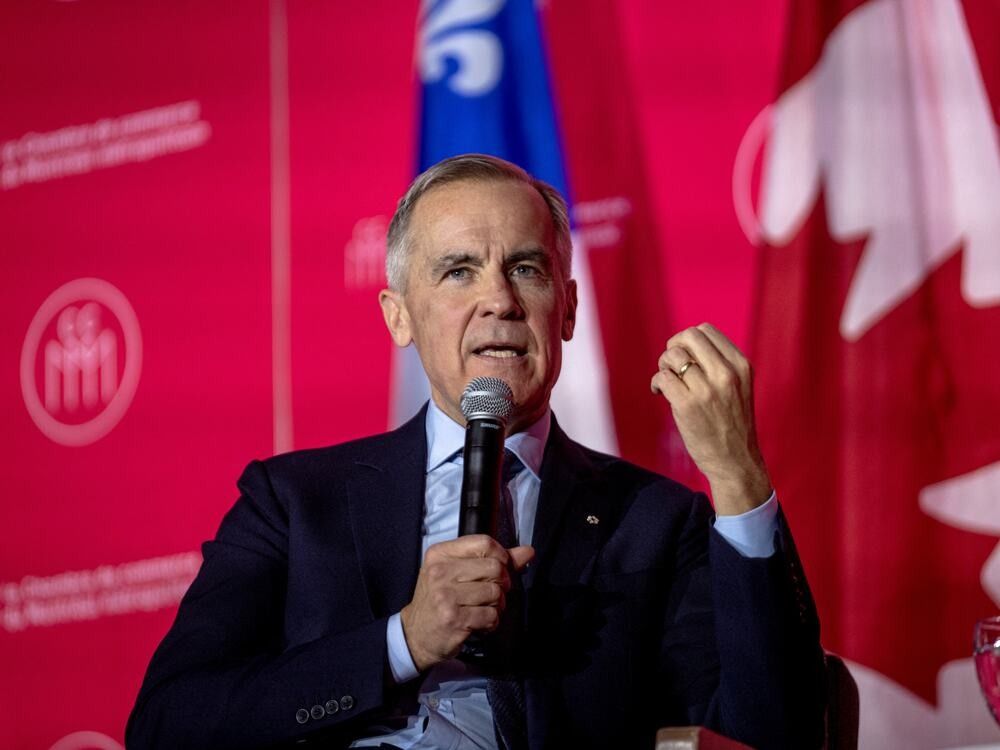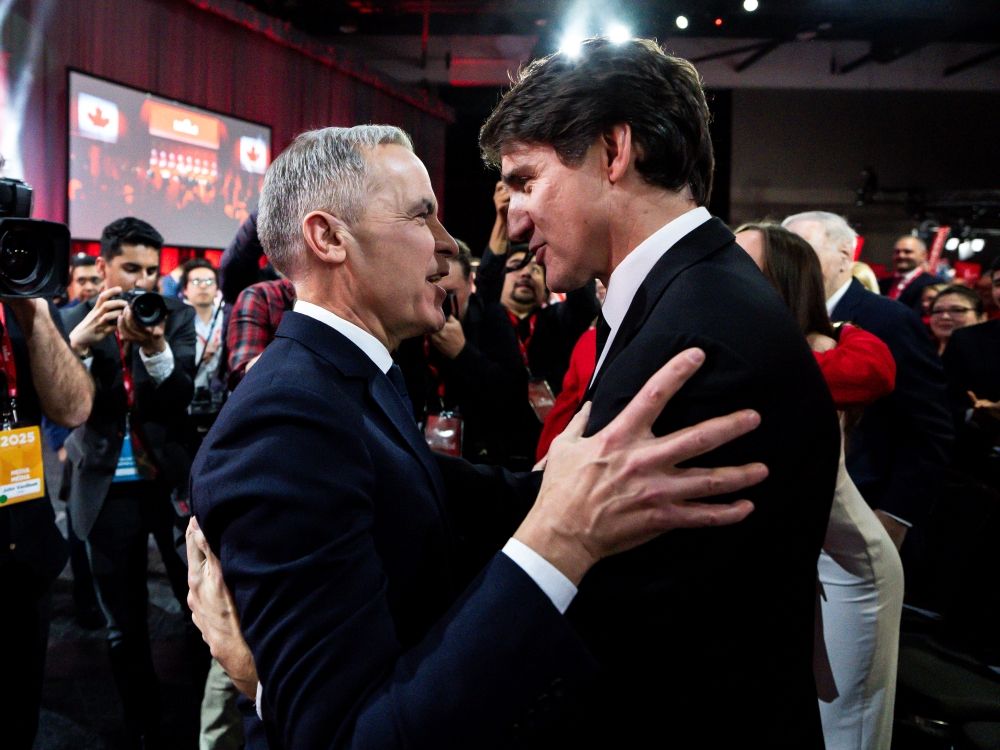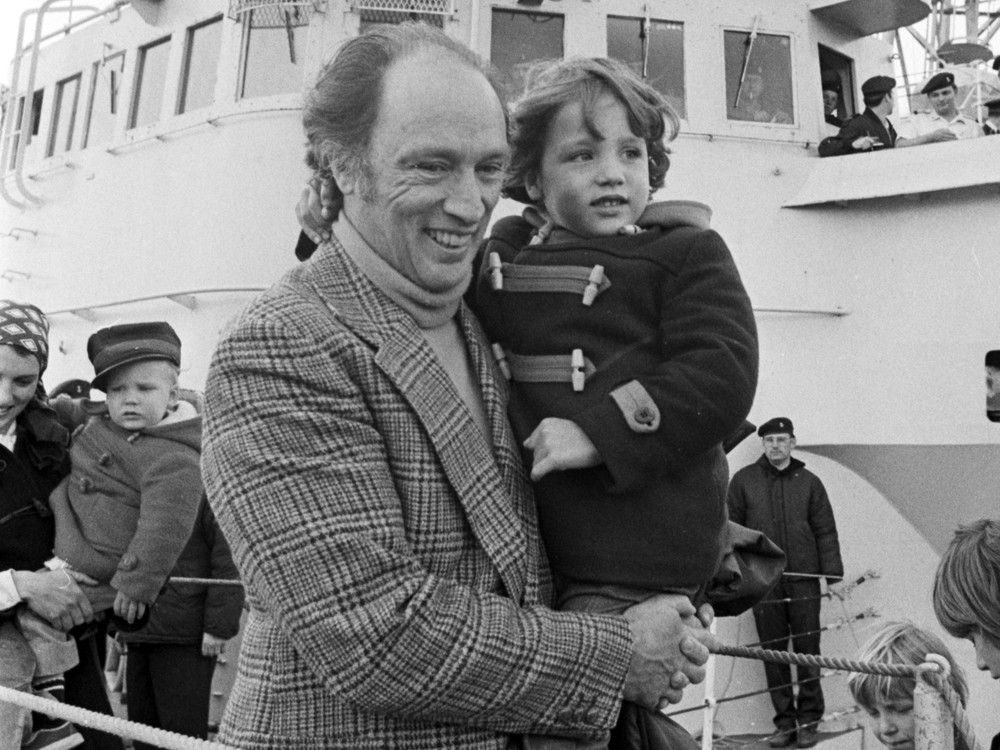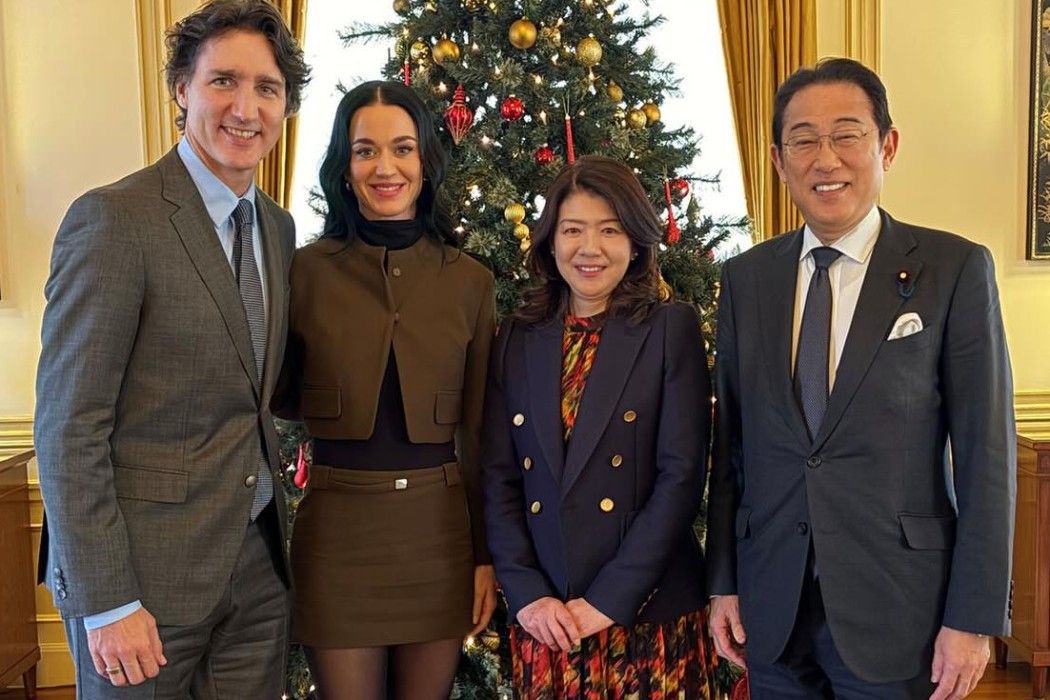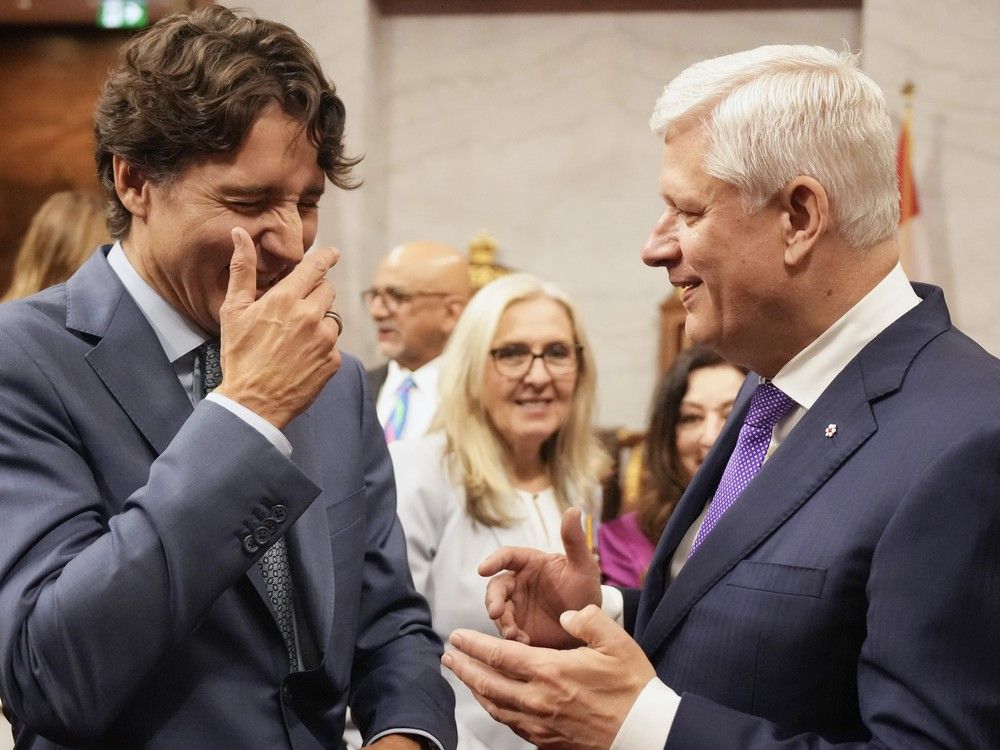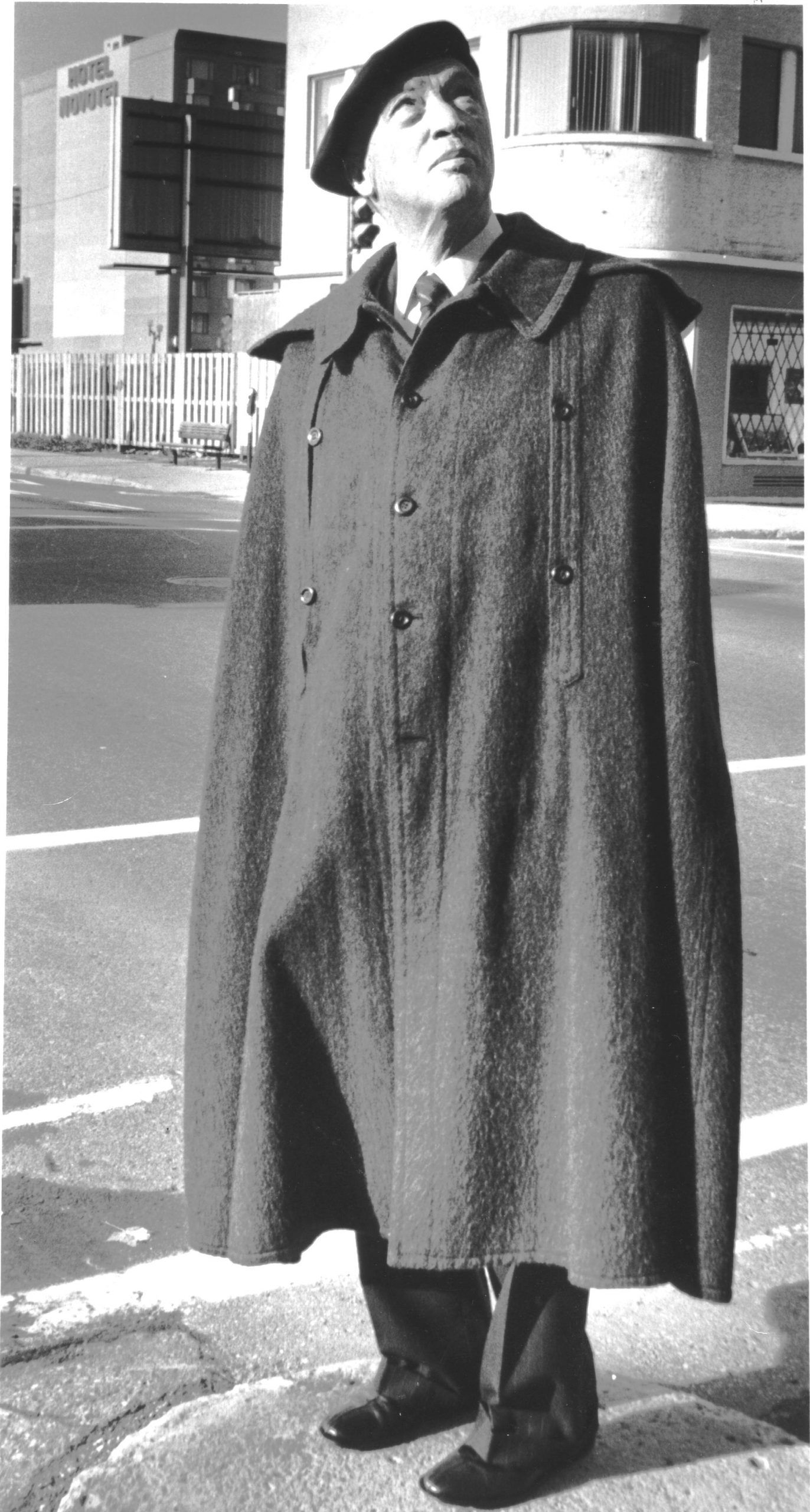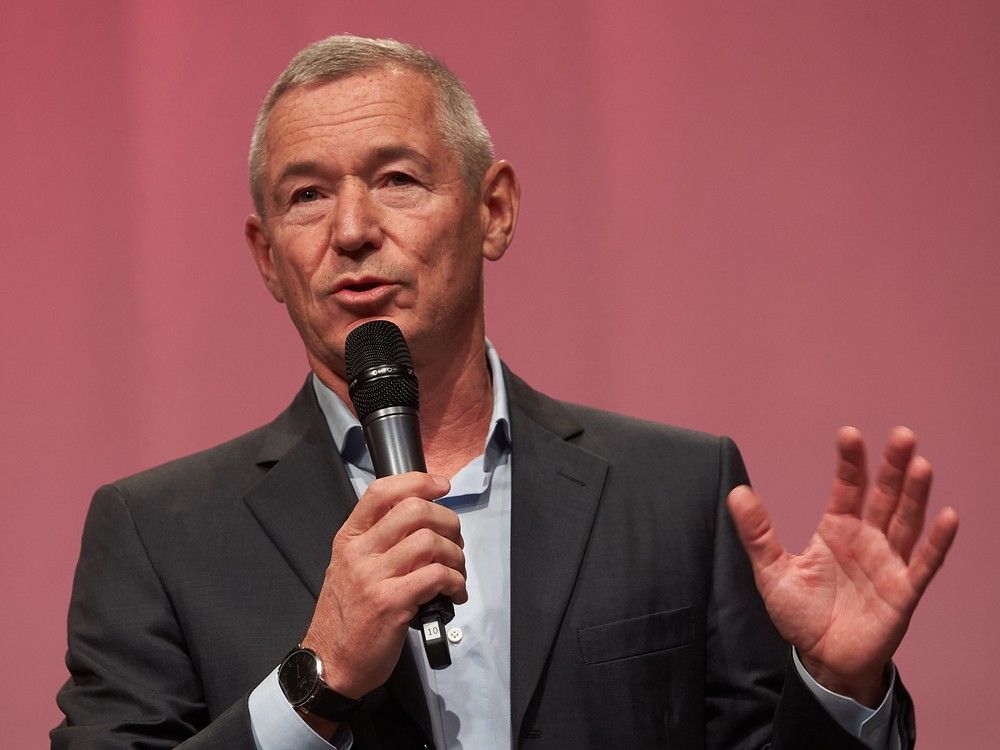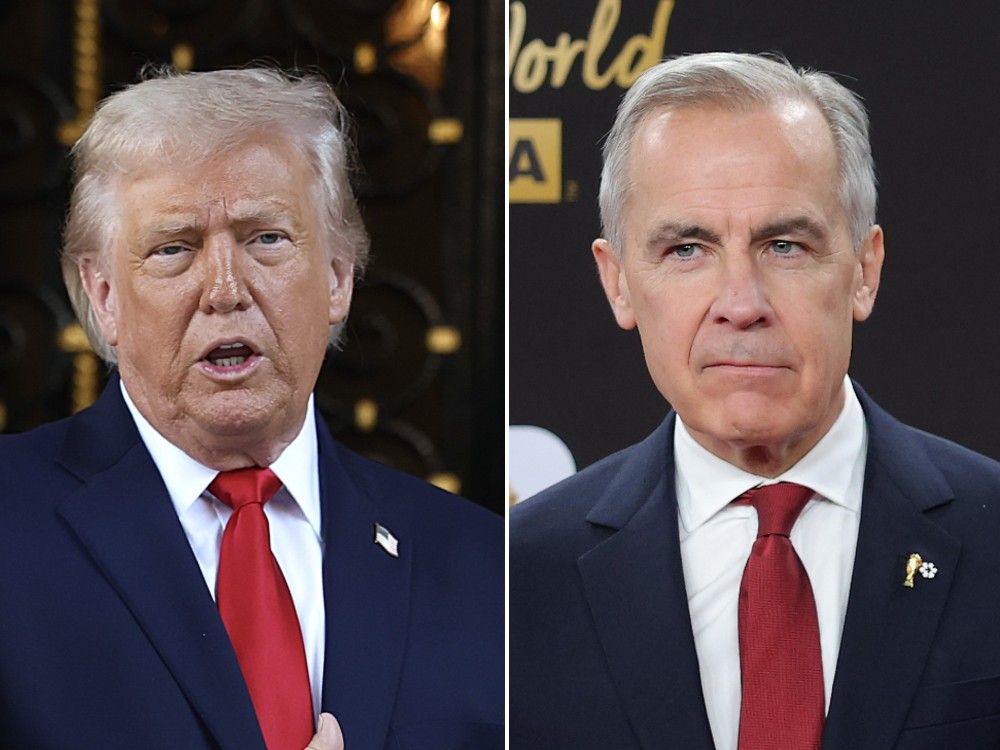
Canadians
are growing impatient with the lack of progress in Canada-U.S. trade relations, a new Leger poll suggests.
Confidence also appears to be waning over whether Canadians can trust Prime Minister Mark Carney to defend Canada against U.S. President Donald Trump’s political firestorms.
“I think time has not been kind to Prime Minister Carney, at this point anyway, in terms of not really showing that he is the man for the job,” said Andrew Enns, executive vice-president of Leger’s Central Canada operations.
The dollar-for-dollar response to Trump’s tariffs against Canadian imports signalled the Liberal government was prepared to hit back at Trump’s protectionist measures, Enns said.
“I think what’s problematic now, we’re not necessarily seeing action. And I think Canadians are starting to question the effectiveness of the government’s response,” he said.
“It’s harder to put your finger on, what exactly are we doing? It doesn’t feel like we’re really even responding.”
The poll exploring how Canadians are feeling about U.S relations and tariffs as the country ends out 2025 also found Canadians are more pessimistic than optimistic about what 2026 holds: 41 per cent expect trade relations to worsen, compared to 20 per cent who expect things will improve. Twenty-eight per cent foresee no change.
“It’s a very measured Canadian population going into 2026 in terms of expectations,” Enns said.
Saying it’s no longer time for “elbows up,” Carney announced in August that Canada was removing 25 per cent counter tariffs on $40 billion in goods imported into Canada from the U.S., except for those on steel, aluminum and autos.
Carney said the move was designed to match the U.S. decision not to levy tariffs on goods compliant with the trilateral Canada-U.S.-Mexico (CUSMA) agreement, saying the countries had restored free trade on a “vast majority of our goods.”
Canada failed to reach a trade deal before Trump abruptly terminated talks in October over Ontario’s controversial anti-tariff ad featuring clips of former U.S. president Ronald Reagan, a staunch supporter of free trade.

According to the new Leger poll, 82 per cent of Canadians believe the U.S. tariffs have had a very (42 per cent) or somewhat (40 per cent) significant impact on the Canadian economy, while just 11 per cent said the impact has been “not very” or not at all significant.
Liberal voters were more likely (89 per cent) to say the impact was significant, followed by Bloc Québécois and NDP voters, at 88 per cent each, and Conservative supporters (82 per cent).
When asked how they have personally weathered the Trump tariffs storm, more than half of Canadians (56 per cent) said the tariffs have had a very or somewhat significant impact on their household finances and lifestyle, according to the poll. The proportion was higher still (63 per cent) among Conservative voters.
However, when polled on the same question in June, more Canadians (66 per cent) felt the tariffs would have a major or moderate impact on their household finances.
Enns said it’s difficult to separate out what’s creating the hardships meeting household budgets. “Is it the tariffs? Or is it this relentless inflation in the cost of living,” with grocery prices alone increasing
4.7 per cent year-over-year in November
, the biggest increase since December 2023.
He said he was also struck by the level of distrust in Carney. Canadians are divided, with 41 per cent saying they trust Carney to manage Canada’s relationship with the U.S. under Trump, and 40 per cent saying they don’t trust Carney to defend the country against Trump’s political and financial decisions. Nineteen per cent were undecided.
Support for Carney was higher among Liberal voters (89 per cent), older Canadians aged 55 plus (49 per cent) and those who believe the tariffs are causing a significant blow to the economy (45 per cent).
“I thought (support for Carney) would be higher,” Enns said.
When it comes to how satisfied they are with the Liberal government’s response to U.S. tariffs, again Canadians are somewhat split: 44 per cent are “very” or “somewhat” satisfied, and 43 per cent are dissatisfied.
That compares to a Leger poll in early March, when the Carney Liberals announced its dollar-for-dollar response. Support for that policy tracked at 74 per cent.
Canadians’ patience is starting to be tested, Enns said, “in terms of, are we seeing results, in terms of the strategy and in terms of, are we making real progress here?”
“The prime minister has had a good half year in the office, technically a bit more, but certainly since the election, he’s had some time. The results haven’t been really great,” Enns said. “Depending who you talk to, some would say we’ve retreated on a few fronts with respect to how we’re dealing with President Trump and the White House administration.”
Conservative supporters “were already pretty much convinced, ‘This ain’t our guy,’” Enns said. But Carney had latitude with NDP and Bloc supporters who trusted Carney was the best man for the job. Now, trust in Carney to manage U.S. relations is below 40 per cent among the NDP (38 per cent) and the Bloc (25 per cent).
Only 11 per cent of Conservative voters said they trust Carney to defend Canada against Trump’s demands, according to the poll.
“There is a bit of pressure building on the prime minister and his team to start to demonstrate some progress, which is really hard because I don’t think they necessarily are dictating the next steps here fully,” Enns said.
However, with expectations for a rosier 2026 low, “for the prime minister’s office and the government, there is a potential to sort of exceed expectations if we can suddenly get into what appears to be a fairly productive round of negotiations around the CUSMA agreement, for example.”
The online survey of 1,519 respondents aged 18 and older was conducted between Dec. 12 and 14. For comparison purposes, a probability sample of this size yields a margin of error no greater than plus or minus 2.5 per cent, 19 times out of 20.
National Post, with additional reporting from Christopher Nardi
Our website is the place for the latest breaking news, exclusive scoops, longreads and provocative commentary. Please bookmark nationalpost.com and sign up for our daily newsletter, Posted, here.






